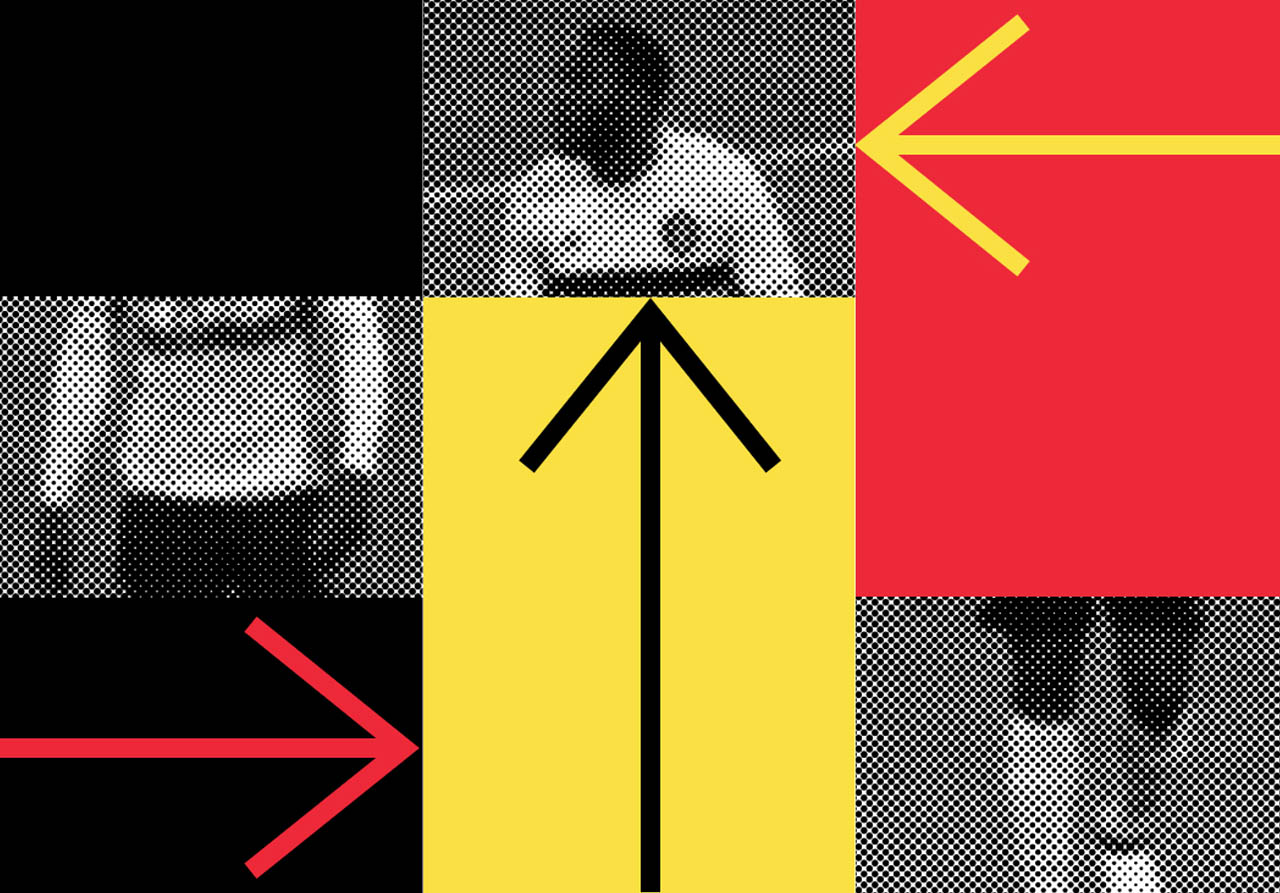
by Elliott Sheaf
Based on Elliott’s first sentence, and his theme, we have decided to leave his spellings of “Defense” (and a few other words) in his native tongue. —Editor
It’s been a difficult few years to be young and British. Brexit, amongst other things, has highlighted a divide in our nation, on one side the optimism and hope of youth and on the other a generation whose source of national pride lies mostly in how many Germans their parents shot.
Throughout these years it has felt that the England national team has been re-appropriated to symbolise something about our national identity that not only do I not feel comfortable with, but I openly detest. I would hazard a guess that I’m preaching to the choir here, writing for a hipster football magazine based in a country that has more conservative commentators than affordable doctors.
This summer though, something strange has happened to me. National pride has seeped its way back into my heart.
I was lucky enough attend the ConIFA World Cup, a competition designed to represent disputed nations and independence movements around the world which currently aren’t eligible for FIFA inclusion. You can read more on this event from yours truly in the next issue of Howler Magazine, but in short what I witnessed was nothing short of remarkable, and taught me how important national pride can be.
For participating countries such as Tibet, Barawa and Matabeleland, nationalism isn’t coded language for xenophobia like in so many other nations. It’s a way to preserve their culture and find belonging. In the most extreme examples, it can be a means of survival.
In truth, not much can be said for the feast of football on June 18th. Sweden’s 1-0 win against South Korea was such a humdrum affair that I found my thumbs wandering towards an article written by a young up-and-coming writer by the name of Romelu Lukaku.
Big Rom’s story is a sadly familiar one. Growing up poor with football as his only way out of poverty, he has been a victim of racism and challenges to his identity throughout his career, especially in his youth. But here is a young man not only writing an impassioned piece on his pride in being Belgian, but merely hours after publication, banging in two goals for his country at a World Cup in a 3-0 win against Panama.
That makes me proud to be Belgian, and I’m English.
Onto the main event, where England may have only sneaked to a 2-1 win against Tunisia, but there is a sense that this young squad are steamrolling their way into the collective consciousness of a generation of kids across the country.
Ours is a multicultural, multiracial, undivided team from a myriad of different backgrounds. They’re inexperienced and raw, but not since 1998 have I felt so proud of an England setup. Marching its way into the backyard of a country where racism is still a regular occurrence in the stands in its domestic competition.
It may be my own naive version of nationalism, but it’s about time we reclaimed the notion of being proud of where you’re from without connotations of political leanings. There is no better time than during a World Cup, with a generation of young footballers leading the way in showing us how it’s done.
Elliott Sheaf is an east London based football writer and Editor-in-chief of Top Corner Magazine. He can also be heard co-presenting the Top Corner Podcast which is soon to be heading into its second season and seen most weekends crying in the stands at West Ham United.
Twitter @topcornermag
Instagram @topcornermagazine
